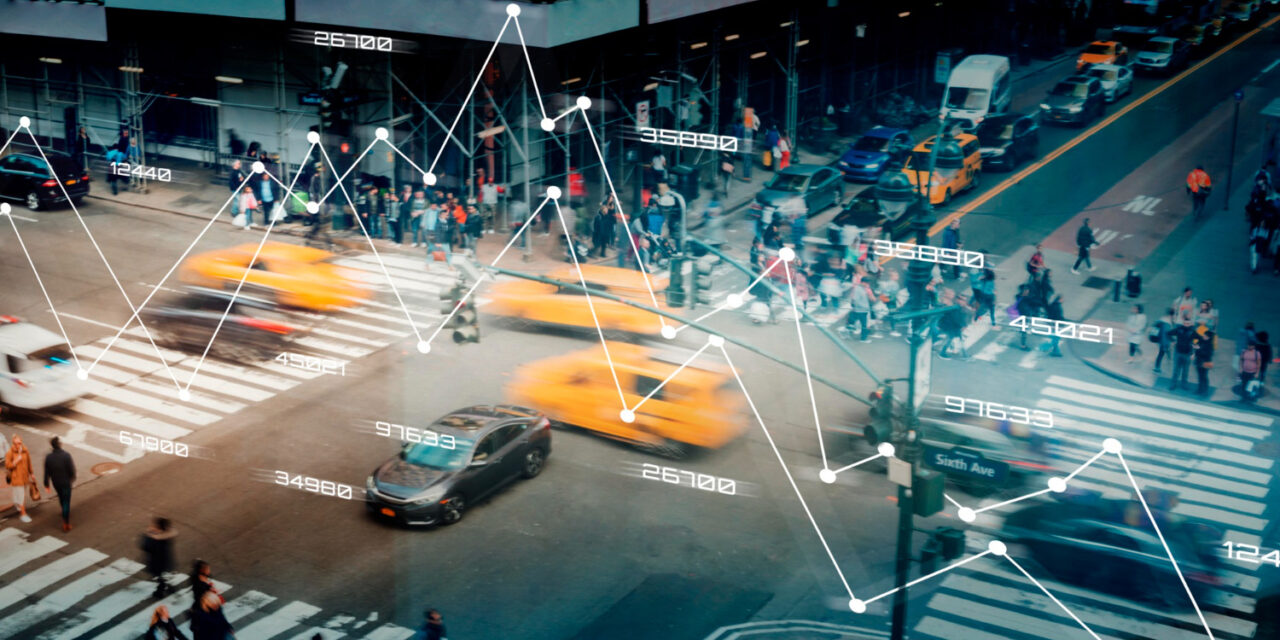Travel expert reveals AI’s role in safer, smoother UK journeys and how it will revolutionise transport by 2026. From smart traffic management to predictive maintenance, AI is quickly transforming the UK’s transportation landscape, reshaping how we navigate roads, rails, and skies.
Highlighting the transformative potential of AI on transportation Peter Slater, CEO of ground transportation company CMAC Group, shares how to better understand and implement AI-driven innovations, offering businesses powerful tools to improve passenger experience and streamline operations.
Smarter Fleet Management
While managing a fleet is complex, Slater explains that AI makes it possible to monitor vehicle performance and allocate resources with precision, saying: “AI tools give fleet managers a real-time overview, helping them track maintenance needs and allocate vehicles based on demand, maximising vehicle utilisation and cutting down on costs.”
Predictive Maintenance: Staying Ahead of the Curve
Traditionally, maintenance has been reactive, addressing issues only after they happen, however Slater notes that AI is revolutionising this with predictive maintenance, allowing issues to be addressed before they disrupt operations. “Through data analysis, AI can detect signs of wear and tear, allowing proactive maintenance and significantly reducing the risk of costly breakdowns,” Slater adds. “This not only boosts vehicle longevity but also enhances safety, keeping our vehicles on the road longer.”
Advertisement
Smart Traffic Management
AI is also changing the game for traffic management, offering real-time insights that reduce congestion and improve journey reliability. “AI-powered traffic systems analyse data in real-time from sensors, cameras, and GPS systems, providing insights from traffic patterns to weather conditions,” explains Slater. “This helps drivers to take the most efficient routes, reducing delays and cutting down on fuel consumption, making journeys smoother and more reliable for passengers and goods alike.”
Enhancing Road Safety
Finally, Slater emphasises AI’s ability to keep those on the roads safer by preventing accidents before they happen. “AI’s potential to save lives on the road cannot be underestimated,” says Slater. “Machine learning algorithms can monitor road conditions and driver behaviour to predict potential hazards and real-time alerts can help drivers make safer decisions.”
“As AI continues to advance, it promises to make UK transport more efficient, reliable and sustainable.” Slater concludes. “With upcoming developments like the Automated Vehicles Act, self-driving vehicles could be on UK roads by 2026, further demonstrating AI’s role in the future of travel.”














